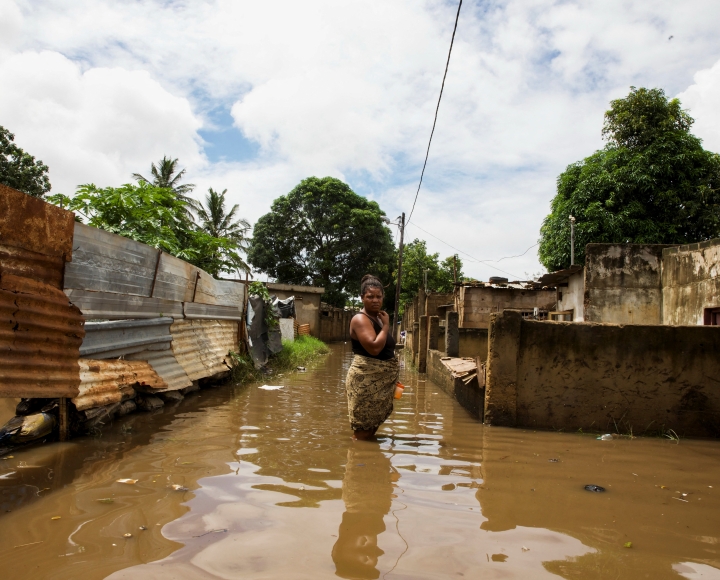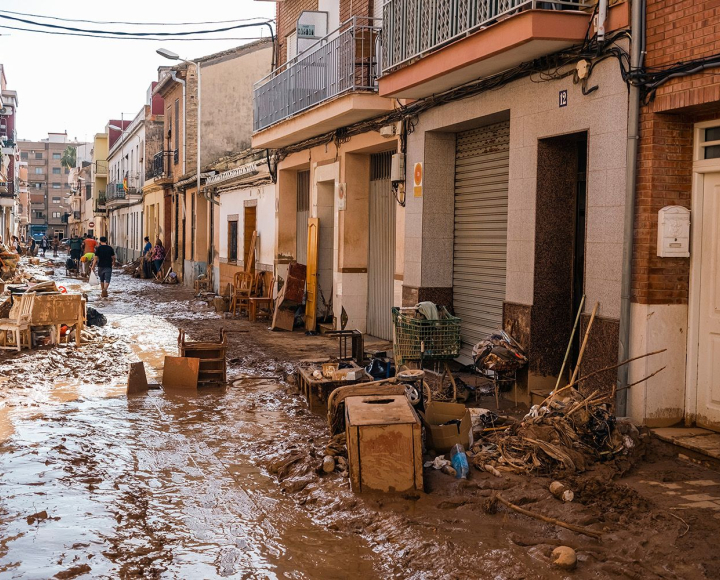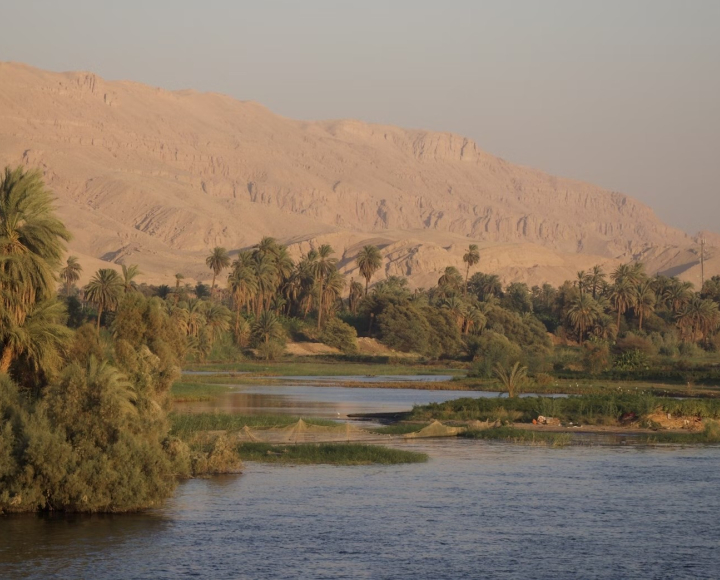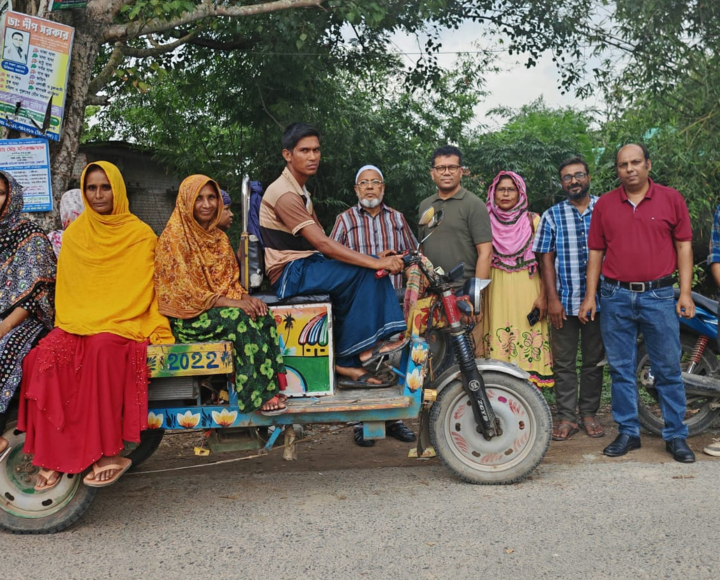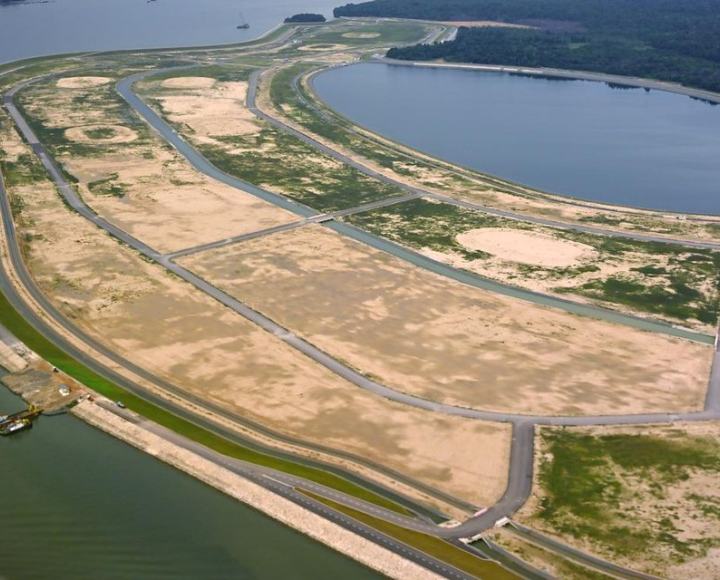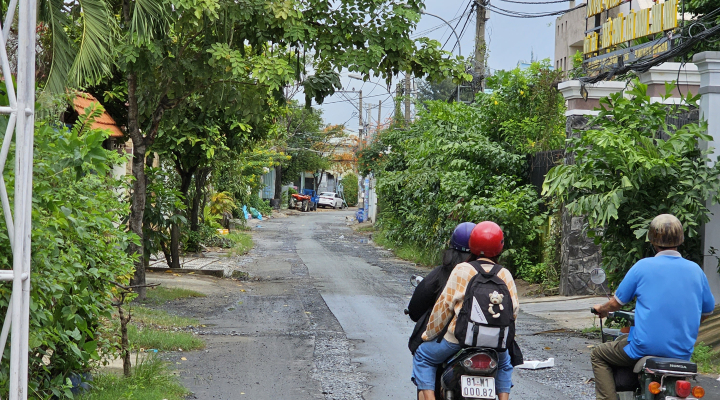Water Operators' Partnership helps Jordanian utility to build resilience
Jordanian Yarmouk Water Company and World Waternet kicked off an extensive Water Operators' Partnership to improve drinking water and wastewater services in the Northern part of Jordan.
Starting in November 2020, this Water Operators’ Partnership will run for three years.
Huge increase water demand
The influx of 1.3 million Syrians – on a total population of 9,5 million - has put substantial pressure on Jordanian cities’ municipal infrastructure and service delivery. A vast majority of these refugees live outside camps and within Jordanian cities.
Yarmouk Water Company (YWC) is one of the three water companies in Jordan, responsible for drinking water and wastewater service delivery in the Northern part of Jordan. The massive population growth has resulted in an ever-growing demand for water. At the same time, it places unprecedented stress on the limited water resources and wastewater infrastructure, which are often failing to meet standards of operation.
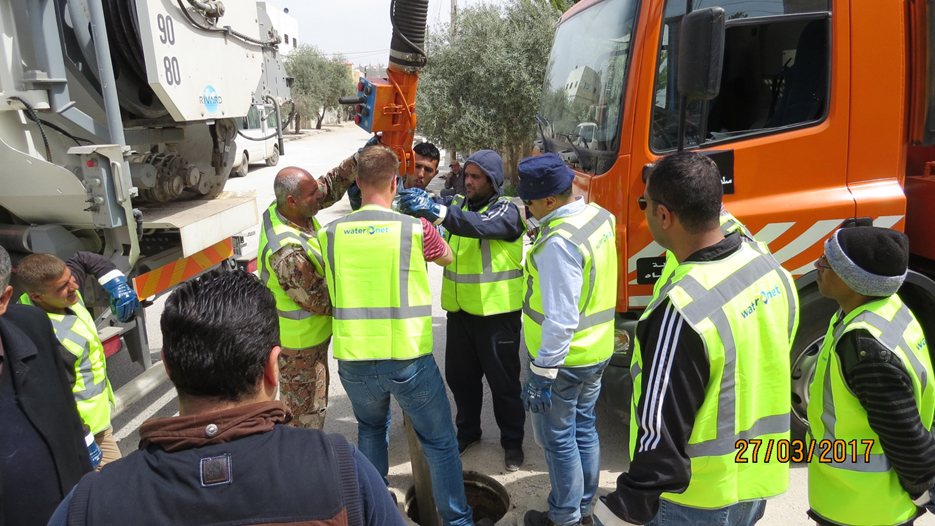

Peer-to-peer support
The extensive Water Operators’ Partnership is a peer-to-peer support between the water utilities in Amsterdam and Northern Jordan to share knowledge and skills to improve capacities and the performance of YWC.
Based on the outcome of a technical scoping, the inception mission and subsequent online exchanges between World Waternet, the Netherlands Embassy in Amman and the Ministry of Foreign Affairs in the Netherlands, a capacity building programme has been developed for 2020-2023. The programme includes the rehabilitation of wastewater networks of seven main streets in Central Irbid, preventive maintenance planning of waste water networks and improved asset management.
The capacity building programme also aims to secure safety measures and procedures including COVID-19 measures, surveillance and customer communication.
Difficult years
The Water Operators' Partnership with World Waternet has come at the right time, according to Ashraf Bataineh, Director Technical Affairs at YWC: ‘Despite Jordan's severe water scarcity, more than 94 percent of Jordanians have access to safe drinking water piped networks.’
YWC has been facing financial and technical difficulties since several years, according to Bataineh: ‘Each year it has been difficult to gain our annual budget, and covering our operational expenses by our revenues. We still depend on subsidies.’
Therefore, Bataineh praises the support of the Netherlands government through its Embassy in Amman, enabling the signing of a partnership agreement with World Waternet.




